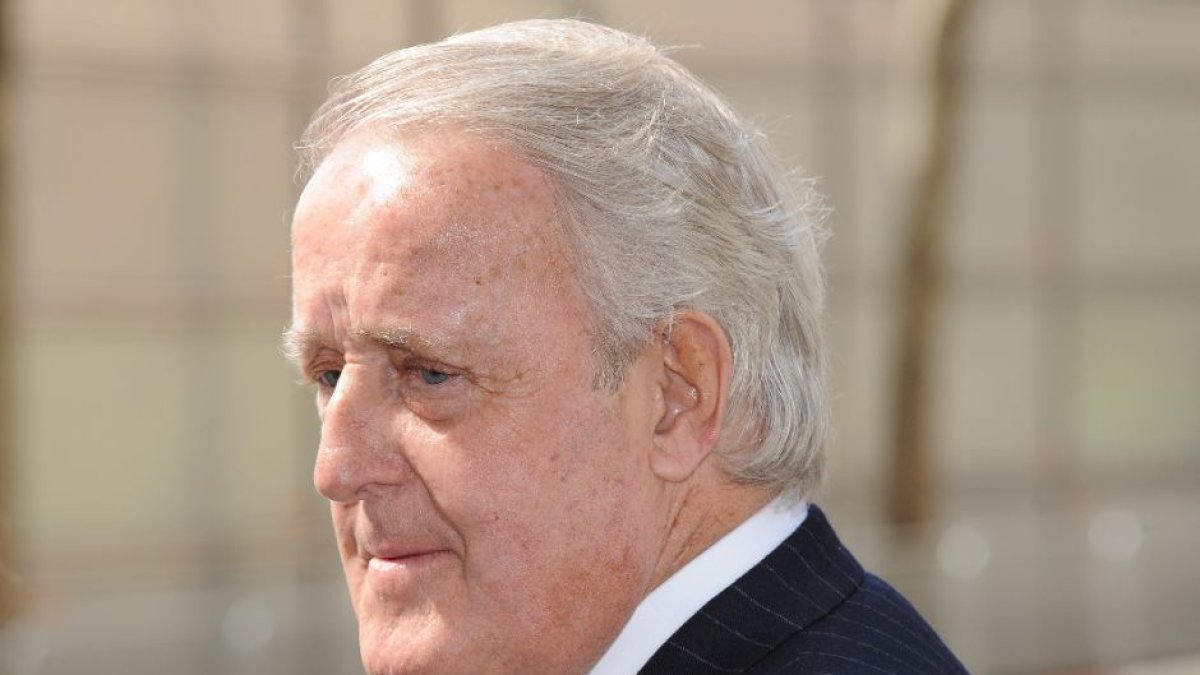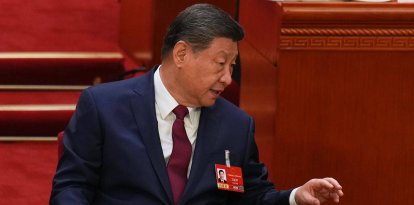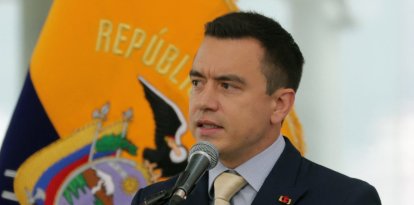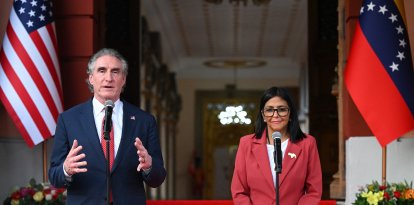Brian Mulroney, the former prime minister who led Canada to NAFTA, dies at 84
The conservative leader played a crucial role in consolidating economic ties with the United States.

Brian Mulroney (PA Wire/Press Association Images / Cordon Press)
Brian Mulroney, Canada’s 18th prime minister who played a crucial role in strengthening economic ties with the United States, died Thursday at age 84 in a hospital in Palm Beach, Florida.
Caroline Mulroney, daughter of the former prime minister, broke the news in a post on X. “On behalf of my mother and our family, it is with great sadness we announce the passing of my father, The Right Honourable Brian Mulroney, Canada’s 18th Prime Minister. He died peacefully, surrounded by family,” Caroline shared.
Last year, the family reported that Mulroney underwent a heart procedure and was receiving treatment for prostate cancer. Despite this, no details have yet been provided about the specific circumstances that led to the former prime minister’s death.
Who was Mulroney?
Mulroney, originally from a blue-collar family in northeastern Quebec, forged a successful career as a lawyer and business executive before rising to the position of Conservative leader and winning the election as prime minister in 1984. His charisma and oratory skills earned him popularity, and he was frequently compared to American President Ronald Reagan. However, during his time in office, he faced economic challenges and high unemployment rates, resulting in low popularity ratings.
Mulroney resigned in 1993, but during his nine years in office, he led Canada’s entry into the North American Free Trade Agreement (NAFTA) and overhauled the country’s tax regime. Mulroney also played a leading role in the fight against apartheid in South Africa, imposing sanctions and advocating for the release of Nelson Mandela.
Despite his political achievements, Mulroney’s legacy was tarnished by accusations of financial irregularities and influence peddling. Mulroney admitted to receiving cash payments from Karlheinz Schreiber, an arms dealer, for lobbying services linked to a German company seeking to build a light armored vehicle factory in Canada. The former prime minister insisted that these agreements were carried out after his resignation.
Mulroney called the transactions an “error in judgment” and said he had not engaged in any illegal activity.

























